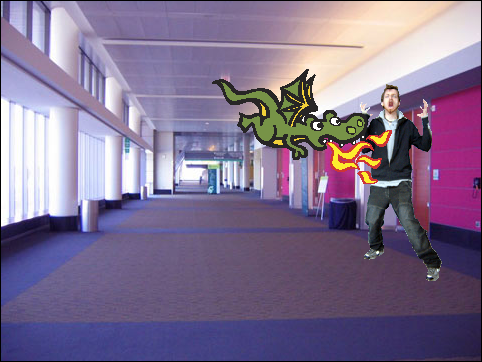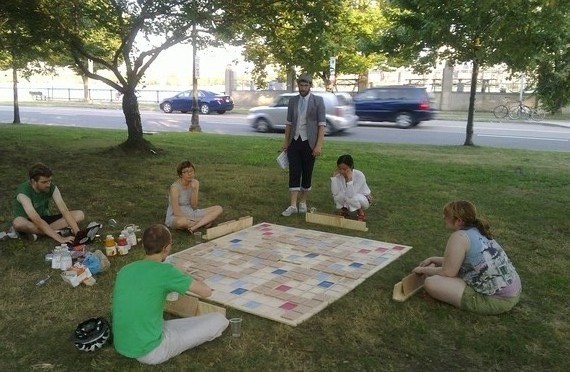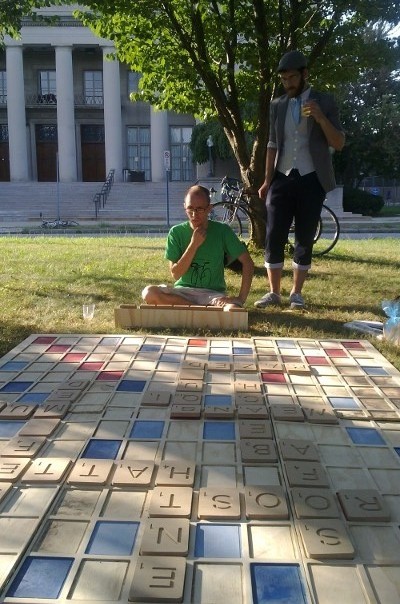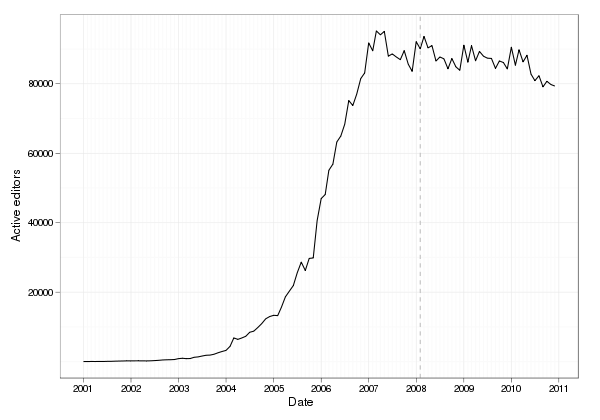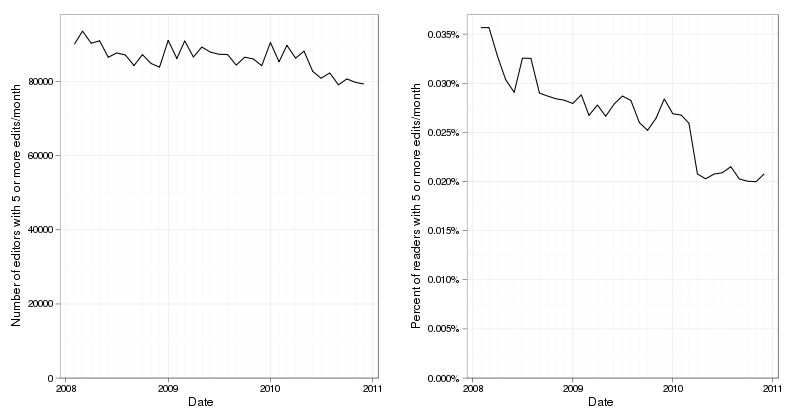The following selected bibliography showcases only a small portion of the academics who have demonstrated that while it may take two to tango, it only takes one to give a scholarly paper a silly cliche title:
Briganti, G. 2006. “It Takes Two to Tango-The CH-53K is arguably the first serious US attempt to open the defense cooperation NATO has been seeking.” Rotor and Wing 40(7):60–63.
Coehran, J. 2006. “It Takes Two to Tango: Problems with Community Property Ownership of Copyrights and Patents in Texas.” Baylor L. Rev. 58:407.
Diamond, M.J. 1984. “It takes two to tango: Some thoughts on the neglected importance of the hypnotist in an interactive hypnotherapeutic relationship.” American Journal of Clinical Hypnosis 27(1):3–13.
Kraack, A. 1999. “It takes two to tango: The place of women in the construction of hegemonic masculinity in a student pub.” Masculinities in Aotearoa/New Zealand 153–165.
Lackey, J. 2006. “It takes two to tango: beyond reductionism and non-reductionism in the epistemology of testimony.” The Epistemology of testimony 160–89.
Miller, C.A. 1998. “It takes two to tango: understanding and acquiring symmetrical verbs.” Journal of psycholinguistic research 27(3):385–411.
Modiano, N. 1984. “It Takes Two to Tango, or… Transmission is a Two-Way Street.” Anthropology & Education Quarterly 15(4):326–330.
Ott, M.A. 2008. “It Takes Two to Tango: Ethical Issues Raised by the Study of Topical Microbicides with Adolescent Dyads.” The Journal of adolescent health: official publication of the Society for Adolescent Medicine 42(6):541.
Rubenstein, J.H. 2009. “It takes two to tango: dance steps for diagnosing Barrett’s esophagus.” Respiratory Care Clinics of North America 69(6):1011–1013.
Settersten Jr, R.A. 2009. “It takes two to tango: the (un) easy dance between life-course sociology and life-span psychology.” Advances in Life Course Research 14(1-2):74–81.
Skaerbaek, E. 2004. “It takes two to tango–on knowledge production and intersubjectivity.” NORA: Nordic Journal of Women’s Studies 12(2):93–101.
Spencer, M. 2005. “It takes two to tango.” Journal of Business Strategy 26(5):62–68.
Vanaerschot, G. 2004. “It Takes Two to Tango: On Empathy With Fragile Processes.” Psychotherapy: Theory, Research, Practice, Training 41(2):112.
Viskochil, D.H. 2003. “It takes two to tango: mast cell and Schwann cell interactions in neurofibromas.” Journal of Clinical Investigation 112(12):1791–1792.
Weiner, A. 2001. “It Takes Two to Tango:: Information, Metabolism, and the Origins of Life.” Cell 105(3):307–308.
Wittman, M.L. 1990. It Takes Two to Tango: Your Simplistic System for Self-survival. Witmark Pub. Co.








